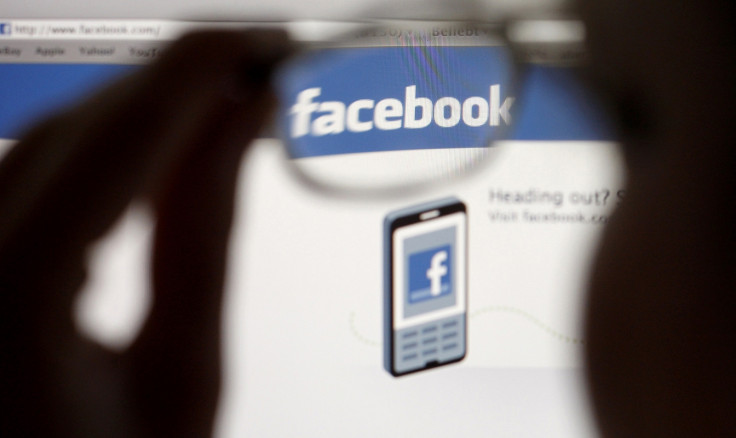Facebook labelled 'shameful' and 'arrogant' for isolating users with disabilities

Update 17 August:
A Facebook representative has responded to our request for comment:
"Making our services accessible to people with varying abilities is an important part of Facebook's mission to make the world more open and connected. We've got a team of people solely dedicated to improving accessibility on Facebook. They are in regular contact with the disability community and the feedback they receive informs ongoing efforts to improve our service. This has resulted in a number of improvements, including the ability to increase font size on Facebook Messenger for iOS, which is a feature we are now working on for the main Facebook for iOS application as well."
Original article:
Facebook has been called "shameful" for isolating users with disabilities and "arrogant" for failing to address basic accessibility issues in its mobile app. Deaf-blind charity worker Molly Watt, who has Usher Syndrome, said that despite Facebook advocating connectedness for everyone, the limited nature of the social network giant's iOS app has left her feeling isolated.
"I cannot use Facebook on my phone at all and nor can millions like me," Watt told IBTimes UK. "The elderly and vulnerable are also excluded. Our Facebook groups support people with Usher Syndrome but not being able to access them on iPhones or iPads leaves us very lonely and isolated."
Watt, who is registered blind but still has some vision, and has described the effects of Usher Syndrome on her eyesight as like looking through a straw, was invited to speak at Facebook's London offices on 16 July in order to help explain the issues of accessibility. However, before she was due to appear the tech giant told her it would not be paying her for her time.
"I suggested a donation to charity and they said no, so I didn't do the talk," Watt said. "My job is motivational and keynote speaking and I'm 20 years old. I do lots of charity work running my own charity but I draw the line at multibillion dollar companies wanting to pick my brains. They are shameful. Arrogant."
Several requests for a comment on this matter have been made by IBTimes UK but Facebook is yet to provide a statement explaining why it refused to pay Watt for her time or why accessibility issues persist.
We have #support groups on #Facebook can't support each other if we can't #access the #app #isolation @fbaccess https://t.co/aLxsAtuOwZ
— The Molly Watt Trust (@mollywatttrust) August 12, 2015Watt's first blogpost in July about accessibility on the Facebook app detailed all of the issues, however, no changes have been made by Facebook to address them. In contrast, other apps like Twitter and WhatsApp do support accessibility features for visually impaired users.
One of the main issues with the Facebook app on iOS is that it does not support dynamic text, meaning the font size does not enlarge when the phone's settings are adjusted. The app also only allows a white background with black text, which can be hard to read for users with Watt's disability.
"I'd really just like them to make their apps fully accessible, like they said they would in the piece in the Washington Post," Watt said.
The piece Watt refers to is an article published in March about Facebook's "empathy lab" that was established in order to make the social network available for everyone, regardless of physical ability.
"Our goal is to connect everyone in the world, and there are huge differences in the way that people interact with Facebook," Jeffrey Wieland, manager of Facebook's accessibility engineering team, told the Post. "We want to build products that really work for everyone and can be used by everyone."
Other disabled users have also reported having difficulty getting in contact with Facebook regarding accessibility issues, with copy/ paste replies sent from Facebook in response to detailed emails about the issues.
An example of one such reply from Facebook reads: "Thanks for sending us your feedback. We'll continue to work on improving our products and apologize for any inconvenience you've experienced."
© Copyright IBTimes 2025. All rights reserved.






















